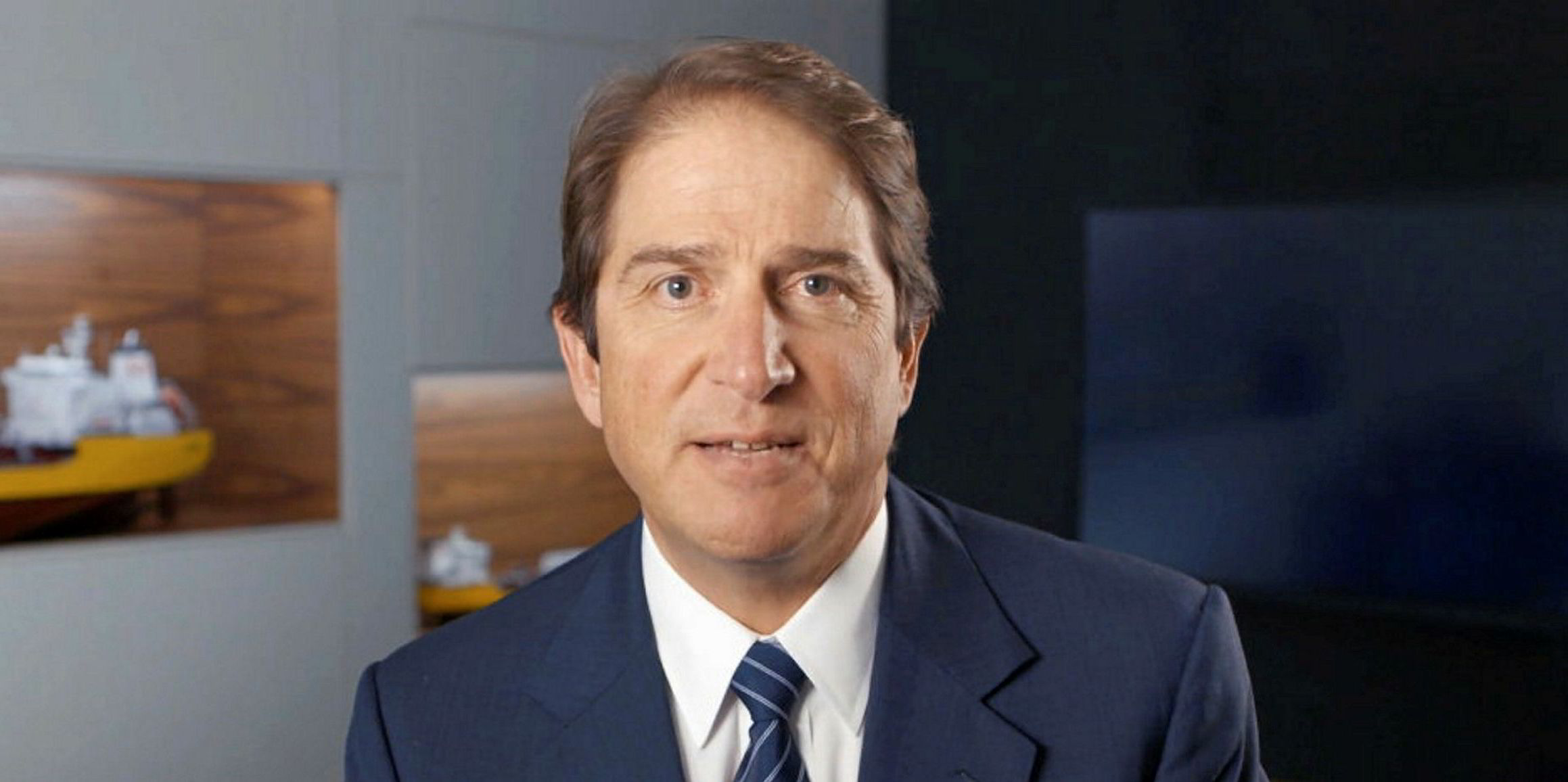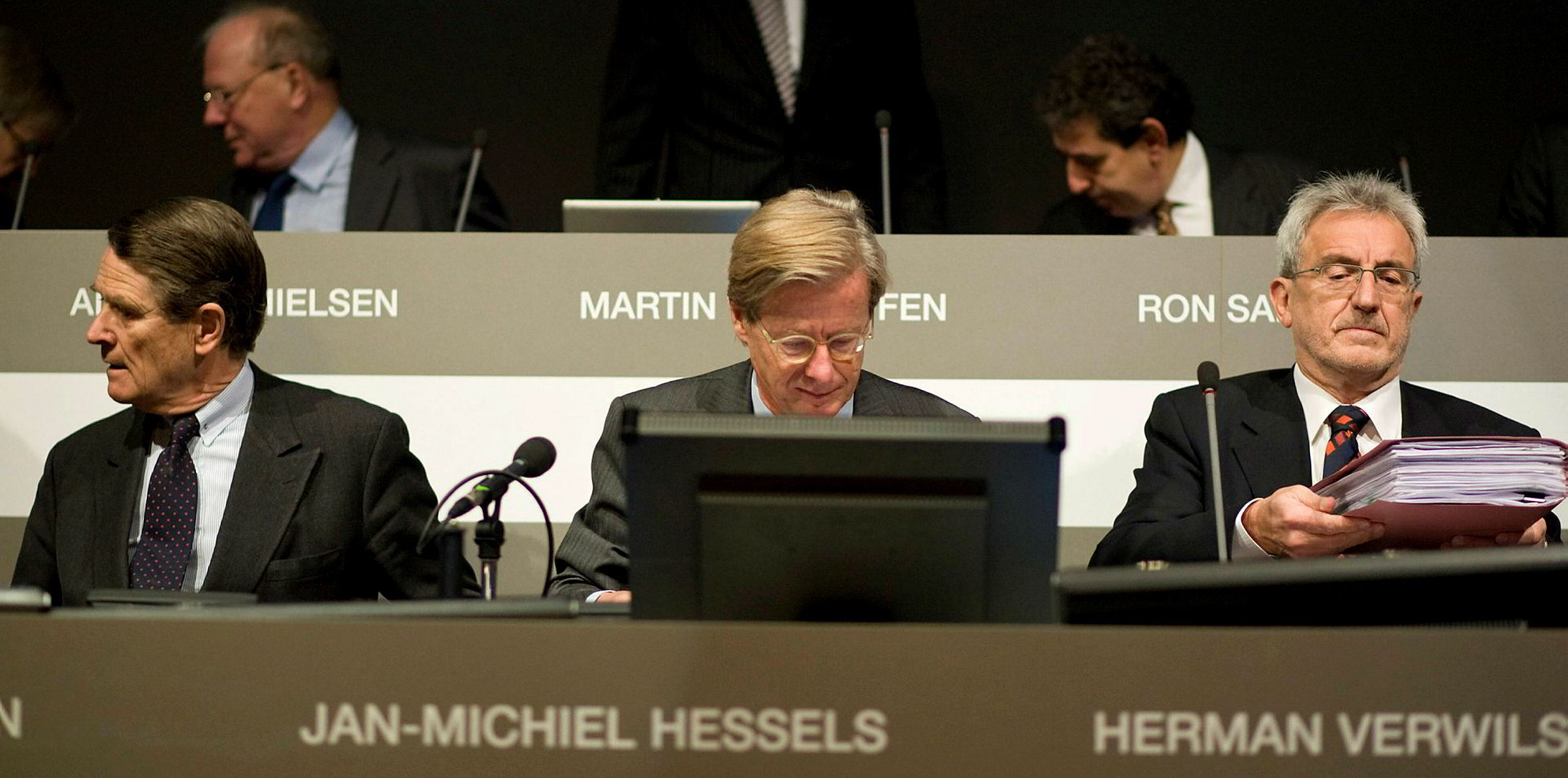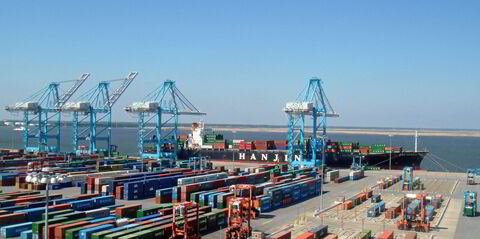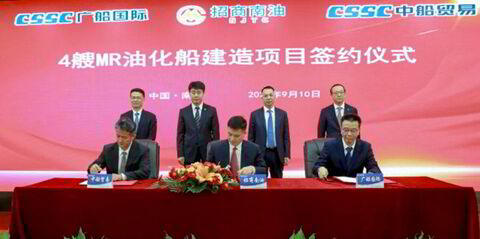Norwegian chemical tanker group Stolt-Nielsen is tearing up deals for some scrubber retrofits to save money in the coronavirus pandemic.
The move is part of a plan by the company to combat a potential demand drop of 40%.
Speaking on a conference call with analysts, chief executive Niels Stolt-Nielsen said: "We are looking at cutting back as much capital expenditure as possible."
The company does not have any newbuildings on order, so its spending is primarily driven by scrubber installations.
"And where we have the opportunity to cancel scrubbers, we will," he added.
"We've identified approximately $30m of savings from tankers on capex."
Stolt Tankers has taken delivery of 14 deep-sea newbuildings from China in the past few years: six 38,000-dwt units from Hudong-Zhonghua, and eight of 33,000 dwt from New Times, in conjunction with joint venture partners.
The owner spent $16m fitting the last two ships in each series with wet hybrid scrubbers.
It has previously said it could expand this to a total of 20 ships fitted with the systems, depending on operating experience and economics.
Hiring frozen
Stolt-Nielsen has also imposed a hiring freeze during the crisis.
"We have terminated all non-essential professional fees, contract workers, temp workers. And we have kind of stopped both travel and entertainment," the CEO said.
The company has drawn up plans for scenarios where demand drops 20%, 30% and 40%, focusing also on reducing operating costs.
"So for example, in tankers, we have a lot of ballast water treatment systems, which we have to proceed with because of regulatory requirement," he added.
"We have also in tankers looked at delaying drydocking and talking to clients to see if that's possible - just again to conserve cash."
Crew change dilemma
He said: "But eventually, if it's an extended lockdown or a slow economy, that is going to impact the demand for transportation. But at least we’re planning for the worst, hoping for the best."
As for other effects of the virus, Stolt-Nielsen said: "The biggest challenge we have is, of course, being able to change the crew of all the ships, and that’s a quite a big challenge, not only us, but for the whole industry where the borders are closed and the aeroplanes are cancelled."
He added: "However, our technical platform across the business has proven very well. We are receiving great feedback from our customers – with the systems that we have in place and even working from home. We have really not lost any operations because of this new environment that we live in."
First loss for five years
The company logged its first loss in 64 consecutive quarters this week, ending its first quarter to 29 February $20.2m in the red.
The boss said: "I regret to show you the loss."
He pointed to three factors for its tankers.
"It was an early transition to low-sulphur fuel, which was around $4m that we weren't able to pass on," he said.
"Then we had low utilisation there because of the ballast legs. And the ballast legs were due to the drydocking related to scrubbers and the ballast water treatment systems."
He added: "And also, we had the incident on the [Stolt] Groenland, which caused us to re-position ships to discharge Groenland, which again caused scheduling issues for the whole fleet."
The vessel suffered an explosion in South Korea last year.
Insurance costs also rose $2.5m. "So I think the majority of the drop that you see in tankers was one-offs," the CEO concluded.





